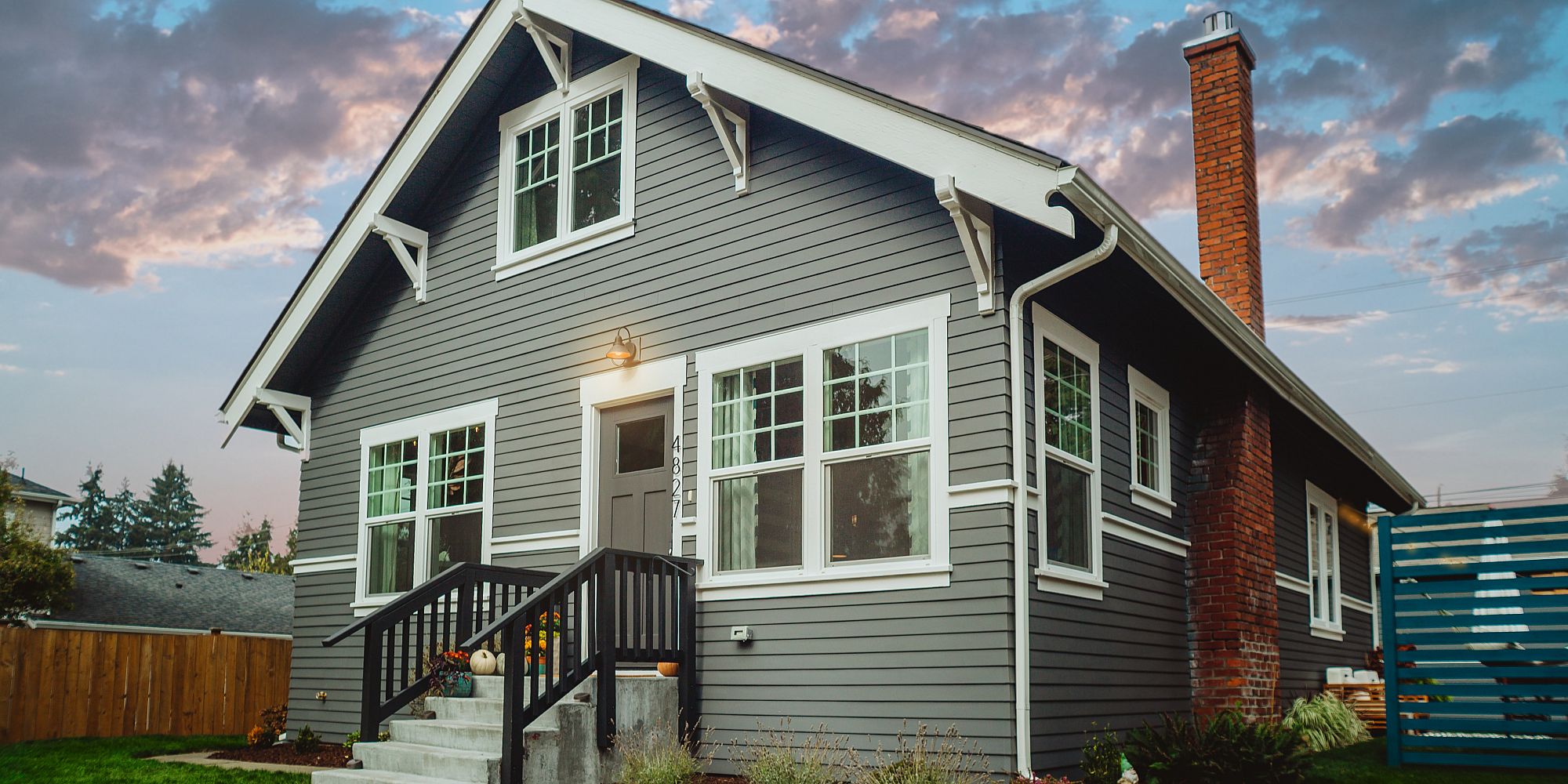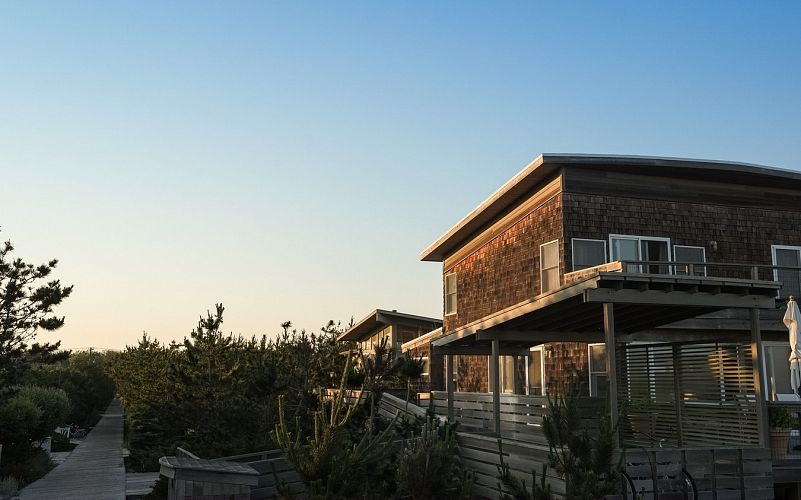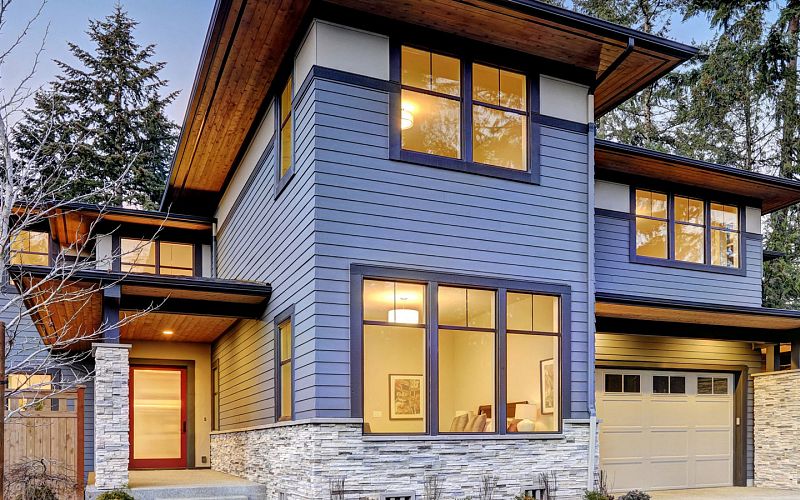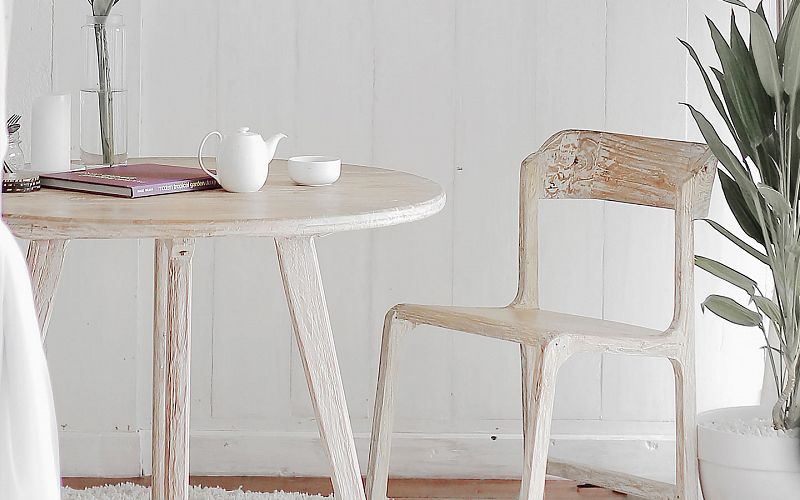Buying a new home can be an exciting, yet stressful, experience. An important question debated by many homebuyers is whether or not to purchase a fixer-upper or a new home.
So which is the best choice? Here’s the pros and cons of each so that you can make a more informed decision about the best type of home for your lifestyle and budget.
Pros and cons of buying a fixer-upper
As you start your home buying journey, you may come across some real gems that have the potential to become your dream home with an imagination and some elbow grease. You might even be someone who enjoys such projects.
Fixing up a home can be quite time-consuming and even frustrating, but turning a rundown home into a beautiful, functioning place customized just for you can also be very rewarding. Below we have compiled some pros and cons of buying a fixer-upper.
Pros
1. Lower purchase price
Homes that require renovations are often cheaper than homes that are move-in ready, for obvious reasons. Because every house is different, it's difficult to compare how much you can save with a fixer-upper, but it’s not uncommon to still come out ahead financially even after completing upgrades.
2. Less competition
It’s possible that less prospective homebuyers are looking to purchase a fixer-upper home because they are often considered a riskier investment. Not everyone has the time, skills or funds to complete drastic or immediate renovations. But if you're looking to buy an older home, you can use the lack of competition to your advantage and avoid a bidding war with other buyers.
3. Opportunity to increase value
Typically, buying a home with updating potential means that you are more likely to increase its value. Adding certain upgrades to your home’s interior, exterior and curb appeal can really do wonders to increase your home's value, building your equity as you go.
4. Access to a great neighbourhood
You may be eyeing a particular neighbourhood, but it may not have ready-to-go homes that are within your budget. But a fixer-upper is likely to be more available in the market, which can give you an "in" to a better neighbourhood for a cheaper price. Plus, the homes in your area have an impact on your home’s final value, which means that it can increase just from being surrounded by higher-value homes.
Cons
1. Potentially expensive repairs and upgrades
When you buy a home that requires repairs, the price might seem lower than other homes in the neighbourhood, but as you start updating the home and making the necessary repairs, it could actually end up costing more.
Unexpected complications may impact your project and can make you come out-of-pocket for expenses you never expected. For example, you may have asbestos in your subfloor, which involves paying for new flooring and the cost to remediate the toxic substance. Or you might find rot in the beams after removing the wallpaper or drywall. A good REALTOR® and a home inspection can help you avoid buying a home that's too expensive to fix up.
2. Time-consuming and work-intensive
Compared to moving into a ready-to-go home, fixer-uppers can take months or even years to make comfortable. This is especially true if you're tackling the project yourself without the help of a contractor. While the end result may be worth it, it’s important to be prepared for the time and energy that it may take.
3. Getting stuck with it
If a life situation comes up and prompts you to want to sell sooner than you expected, you may be out of luck. It can be incredibly difficult to sell a fixer-upper in the middle of a renovation. Also, carrying costs, or the cost of "carrying a home" while you rent another can add up. This is especially true if new additions and construction require you to leave the premises.
Pros and cons of buying a new build
Through your home buying journey, you've likely considered buying a new construction home because you want your home to be move-in ready and want to avoid the stress and headache of fixing up an older home. Here are some pros and cons of buying a new construction home.
Pros
1. Move-in ready
Newly-built homes don't require you to make big changes like replacing the drywall or changing the layout before you move in. For homebuyers looking for the quickest path to homeownership, new homes are the way to go.
2. Energy efficiency
When it comes to newer homes, they are held to higher insulation and efficiency standards than older homes. New homes typically have newer appliances, quality windows, and an efficient washer. These newer appliances use less energy than older appliances, which means lower energy costs for the homeowner. Also, newer homes are better insulated than older homes, which means that your HVAC system will efficiently heat and cool your home.
3. Less maintenance
New construction homes require little to no work up-front. In addition to that, they tend to require less maintenance over the first few years of homeownership. With a newer home, you're less likely to run into unexpected expenses because everything is relatively new.
4. Warranties and guarantees
Depending on the neighbourhood and builder, your home may come with warranties or guarantees that offer peace of mind. In the case that something breaks within the home, you may be covered for the repairs.
Cons
1. Additional up-front costs
As you enjoy the benefits of a new construction home, you likely have to deal with additional up-front costs. This means that your purchase price will be more expensive. Then, you must still factor in Homeowner Association (HOA) fees and property taxes.
If you are purchasing a home before it's built, it’s also possible to run into some unexpected costs. For example, if the cost of labour or materials increases as the home is being built, you may be forced to cover those costs. Be sure to be fully aware of such factors before signing any contracts.
2. Delays
Sitting down with builders to pick out your ideal floor plan and moulding style might be fun, but don't forget to consider construction time and possible delays that come with a new construction home. There's also a chance that your home build can get delayed due to weather, which can push back your move-in date.
So, which route should you go?
It all boils down to your personal situation. When you narrow down the various points mentioned above, where do things shake out for you?
Ultimately, whether you want a fixer-upper or a new construction home, it's wise to consult with an experienced REALTOR® who will advise you on the best action to take both for your bank account and lifestyle.







